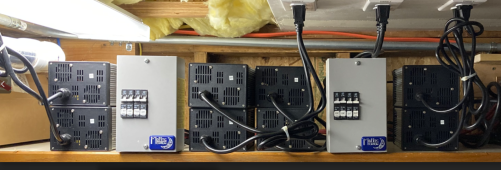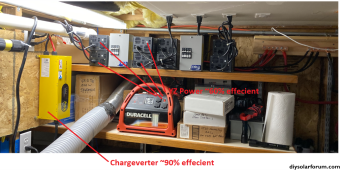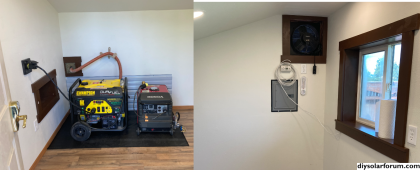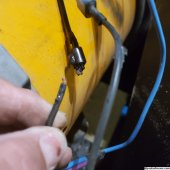6
629658
Guest
I probably could tease that data out too but it would take more time and effort than I’m willing to put forth. I would have to go look at every charge cycle then look at my AC load at the time then subtract everything except the inverter then compare the DC current produced and then somehow figure in the current flows through the BMS it would probably end up being an entire blackboard of calcs. However as a rule, with quality components less is more. Every component every solder joint, every connection in general has a neg effect on current flow and therefore efficiency. In simple terms like a water pipe, the smoother and straighter the run the greater the flow.Correct me if I’m wrong but the smart shunt is messing on the DC side in the negative line what goes in and out of the battery. So the eff is the battery efficiency and not of the charger from AC to DC.
If you can measure on the AC side of a charger and on the DC how much energy goes in and comes out an eff calculation can be made. But the smart shunt just indicates battery efficiency which is around 4% for a lifepo4.
Last edited by a moderator:









